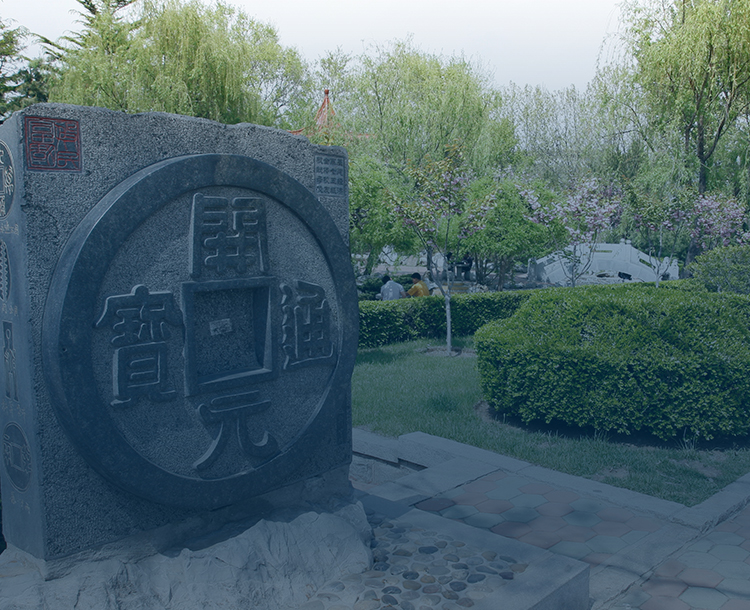
报告1题目:制造系统转型——从制造链到制造系统生态化
报 告 人:李勇建
报告时间:2024年06月07日(星期五),9:00-10:20
报告地点:笃行楼712会议室
主办单位:东北财经大学现代供应链管理研究院
【报告人简介】
李勇建,南开大学教授、博士生导师,人文社会科学研究部常务副部长。国家杰出青年科学基金获得者,中国青年科技奖获得者,并入选教育部新世纪优秀人才支持计划、天津市“131”创新型人才培养工程第一层次、天津市“131”创新型人才“供应链管理”团队负责人、首席科学家。李教授的研究领域包括物流与供应链管理、平台经济与运营管理、系统优化与决策分析等。李教授在国内外知名管理类学术期刊发表论文140余篇,其中 SCI/SSCI 收录论文 100 余篇,出版学术专著4部,1部专著入选国家哲学社会科学成果文库。李教授作为首席专家主持国家社科基金重大项目、国家自然科学基金重大研究计划和重点项目、教育部人文社科重点研究基地重大项目等项目多项。
李教授兼任中国管理科学与工程学会常务理事、中国系统工程学会常务理事、管理科学与工程学会供应链与运营管理分会副主任等学会职务;SUSOC期刊主编,MSCRA、NBRI副主编,以及系统工程理论与实践、控制与决策、中国管理科学、运筹与管理、管理工程学报等编委。
【摘要】
数字技术和数字平台的出现推动制造业加速向“制造生态网络”发展。然而,如何将数字技术融入制造企业的数智化过程,并以数字平台为载体建立新生态机制,成为当前国家、行业和研究领域共同关注的话题。主要汇报数智化、数智化和平台化供应链管理现实需求下产生的新问题和新挑战,以数字技术创新融合为驱动和效能提升,以数字平台为赋能载体,将从“数字技术融合→数字平台生态建设”与“B2B关系→B2C关系→B2B2C关系”两个维度来阐述。
报告2题目:Word-of-Mouth Turbulence and Vertical Crisis Spillover in Supply Chains: A Selective Attention Perspective
报 告 人:彭小松
报告时间:2024年06月07日(星期五),10:30-11:50
报告地点:笃行楼712会议室
主办单位:东北财经大学现代供应链管理研究院
【报告人简介】
彭小松教授是理海商学院(Lehigh Business School)的院长讲席教授。 彭小松教授的研究兴趣包括运营和供应链战略、技术管理、服务和制造运营中的数据分析和人工智能应用以及医疗运营管理。彭教授的研究成果发表在Manufacturing & Service Operations Management, the Journal of Operations Management, Production and Operations Management, Decision Sciences, and the Journal of Supply Chain Management等刊物上。
彭教授是Journal of Operations Management的部门编辑、Production and Operations Management的资深编辑、Decision Sciences Journal以及Journal of Supply Chain Management的副编辑。他曾获得多个编辑奖项,包括《运营管理学报》最佳副主编奖、生产与运营管理学会最佳审稿人奖等。
【摘要】
This study presents an integrated lens of how the negative effects of organizational crises spread in supply chains, and how turbulence in Word-of-Mouth (WOM) communication via social media, characterized by unpredictability and uncertainty, influences this spillover. We hypothesize and confirm that selective attention, reflected by the valence and variance of WOM, is a key underlying mechanism driving the spillover among supply chain partners. The study further examines how these spillover effects vary depending on supply chain characteristics, such as location (supply-side vs. demand-side), size (small vs. large), and dependency (close vs. weak). We constructed a multi-source panel dataset that combines data on organizational crises, crisis-related WOM, and the market values of supply chain firms in China from 2011 to 2020. For the empirical analysis, we used panel vector autoregression (PVAR) with a generalized method of moments (GMM) estimation. The findings reveal that crisis-induced WOM turbulence significantly intensifies the negative spillover to supply chain partners. Furthermore, crisis-induced WOM is more likely to spill over to downstream, large and closely dependent supply chain partners with high salience. We also discover that the supply-side and demand-side of the supply chain exhibit distinct patterns of crisis spillover. Additionally, we find that WOM turbulence differently affects operational and social crises. These findings provide valuable theoretical contribution to the research on organizational crisis spillover, WOM-firm value relationship, and supply chain risk management. They also offer practical guidance for operation risk management to both managers and investors.





